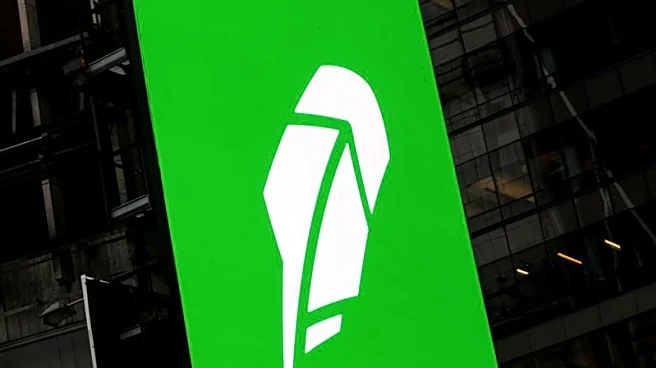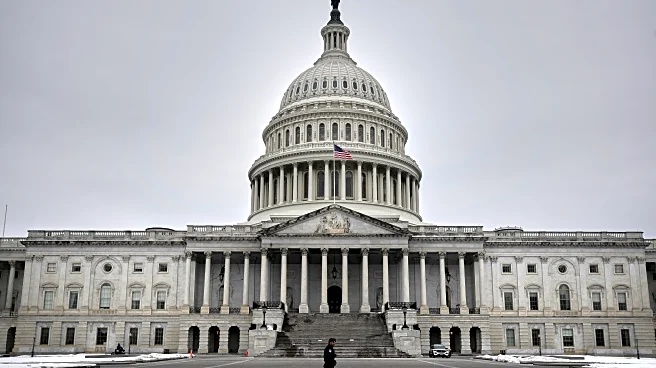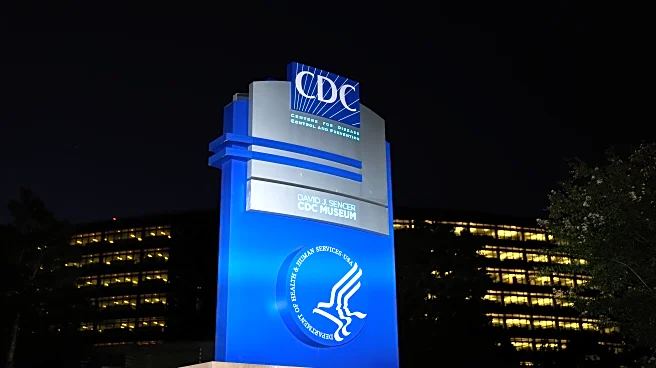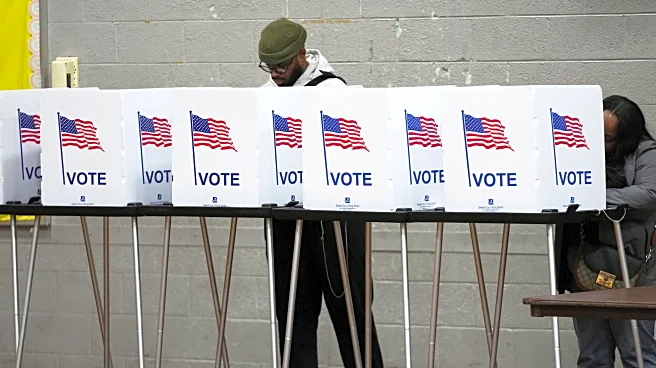Rapid Read • 8 min read
The Environmental Protection Agency (EPA) has announced a proposal to overturn existing regulations on greenhouse gas emissions from motor vehicles. This proposal aims to end the rules established by the 2009 Endangerment Finding, which scientifically determined that greenhouse gas emissions are hazardous to human health. The new proposal argues that carbon dioxide does not qualify as 'air pollution' under the Clean Air Act, thus cannot be regulated by the EPA. The proposal relies on a Department of Energy report that downplays the risks of climate change, suggesting it is a challenge rather than a catastrophe. This move has been met with criticism from the scientific community, including climatologist Michael Mann, who criticized the report's bias. The proposal, if finalized, would remove standards regarding greenhouse gas emissions, maintaining only rules about particulate pollution.
AD
The proposal has significant implications for U.S. climate policy and environmental health. The transportation sector is the largest source of direct greenhouse gas emissions in the country, contributing to climate change impacts such as wildfires, droughts, and severe weather patterns. The EPA's move could undermine efforts to mitigate these effects, potentially leading to increased climate-related disasters. The American Petroleum Institute supports the proposal, citing consumer choice, while environmental advocates warn of the dangers to public safety and welfare. The proposal reflects broader trends under the Trump administration to roll back climate-related regulations, including vehicle emission standards and state mandates for zero-emission vehicles.
The EPA's proposal will undergo a public comment period until September 22. Climate advocates have pledged to challenge the rule in court if necessary. The proposal's finalization could lead to significant changes in U.S. climate policy, affecting regulations on vehicle emissions and potentially influencing other environmental standards. The outcome of this proposal will be closely watched by environmental groups, industry stakeholders, and policymakers.
The proposal raises ethical and legal questions about the role of government in protecting public health and the environment. It highlights the tension between economic interests and environmental stewardship, as well as the influence of industry on policy decisions. The long-term implications could include shifts in public perception of climate change and increased advocacy for stronger environmental protections.
AD
More Stories You Might Enjoy












